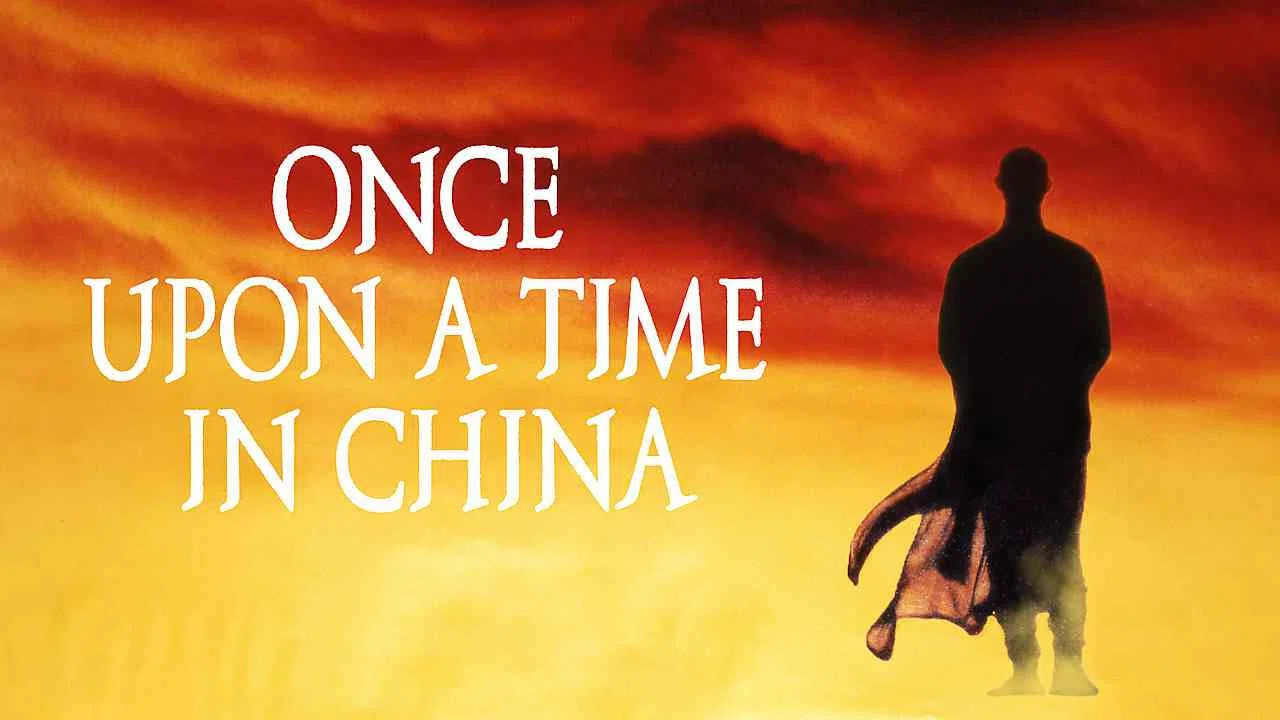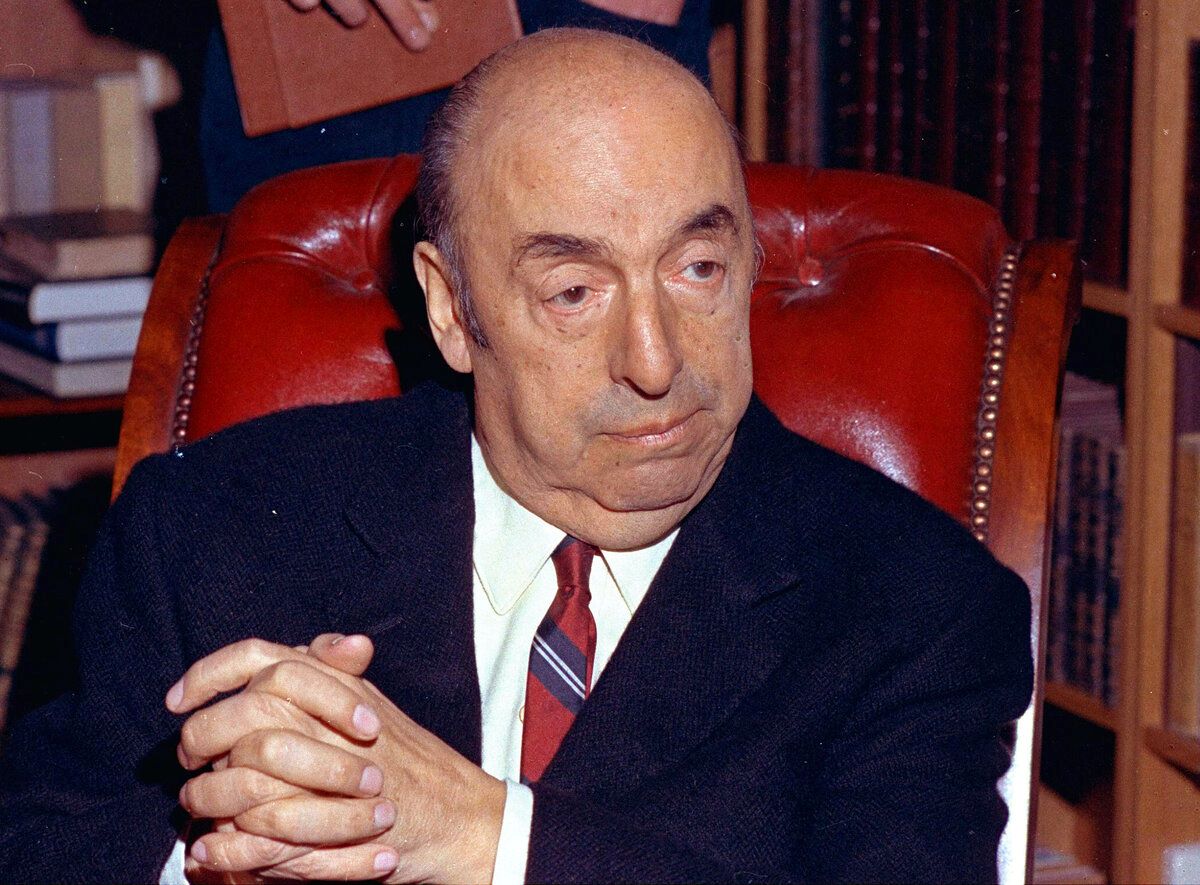
Welcome to the world of “Once Upon a Time in China,” an iconic martial arts film that has left an indelible mark on the genre. Directed by the legendary Tsui Hark and starring the incomparable Jet Li, this epic tale of courage, honor, and conflict has captivated audiences since its release in 1991.
In this article, we will delve into the rich tapestry of “Once Upon a Time in China” and uncover 44 fascinating facts about the film. From the inspiration behind the story to the incredible stunts and choreography, we will explore the intricate details that make this movie a timeless classic. So, grab your popcorn, buckle up, and join us as we embark on a journey through the fascinating world of “Once Upon a Time in China.
Key Takeaways:
- “Once Upon a Time in China” is a 1991 martial arts film starring Jet Li, showcasing Chinese culture and history while captivating audiences with stunning fight scenes and a powerful storyline.
- The movie’s success led to a resurgence of martial arts films, popularizing Chinese cinema internationally and establishing Wong Fei-hung as a cinematic legend.
The movie “Once Upon a Time in China” was released in 1991.
Directed by Tsui Hark, this action-packed martial arts film quickly became a cult classic.
The film stars Jet Li as the legendary martial artist Wong Fei-hung.
Jet Li’s charismatic performance and exceptional martial arts skills brought the character to life on the big screen.
“Once Upon a Time in China” is set in late 19th-century China.
The film portrays the social and political challenges faced by the Chinese during this period of history.
The movie explores themes of nationalism and cultural identity.
The fight scenes in the film are choreographed by the renowned action director Yuen Woo-ping.
Yuen Woo-ping’s spectacular fight sequences are a highlight of the movie, showcasing the skill and agility of the actors.
The success of “Once Upon a Time in China” led to five sequels.
The popularity of the film franchise spawned numerous follow-ups, with Jet Li reprising his role as Wong Fei-hung.
The movie features a memorable lion dance sequence.
This traditional Chinese dance is beautifully captured on screen, adding an element of cultural richness to the film.
The character Wong Fei-hung is based on a real-life martial artist.
Wong Fei-hung was a legendary figure in Chinese martial arts history and has been depicted in several films.
The film showcases the iconic Wong Fei-hung’s signature weapon, the long pole.
Wong Fei-hung’s mastery of the long pole is demonstrated in breathtaking fight scenes throughout the movie.
“Once Upon a Time in China” was a box office success.
The film received widespread acclaim and attracted audiences with its captivating storyline and action sequences.
The movie has been praised for its strong and well-developed female characters.
Once Upon a Time in China” breaks stereotypes by featuring female characters who are skilled martial artists and have significant roles in the storyline.
The film addresses issues of corruption within the Chinese government.
“Once Upon a Time in China” reflects the societal tensions and political unrest prevalent during that era.
The movie was shot on location in China.
The authentic settings contribute to the film’s immersive portrayal of the historical period.
“Once Upon a Time in China” showcases a blend of traditional martial arts styles.
The film incorporates various martial arts disciplines, creating dynamic and visually stunning fight scenes.
The success of the film helped popularize Chinese martial arts cinema internationally.
“Once Upon a Time in China” introduced a new generation of moviegoers to the rich heritage of Chinese martial arts films.
The character Wong Fei-hung has become an iconic symbol of Chinese resilience and courage.
Jet Li’s portrayal of Wong Fei-hung has left an indelible mark on popular culture.
The film’s theme song, “A Man Should Better Himself,” became a hit.
The catchy theme song further contributed to the movie’s immense popularity.
“Once Upon a Time in China” was critically acclaimed for its cinematography and visual style.
The film’s striking visuals and attention to detail elevate it to a visual masterpiece.
The movie explores the clash between traditional Chinese values and Western influences.
This theme resonates with audiences as it reflects ongoing debates over cultural identity and globalization.
“Once Upon a Time in China” captures the essence of Chinese martial arts philosophy.
The film emphasizes honor, discipline, and the pursuit of justice, which are fundamental principles in martial arts.
The movie delves into the complexities of Wong Fei-hung’s personal relationships.
Wong Fei-hung’s interactions with his love interests and friends add depth to his character.
“Once Upon a Time in China” is often regarded as one of the best martial arts films ever made.
The film’s combination of compelling storytelling, powerful performances, and breathtaking action sequences have solidified its status in cinema history.
The movie showcases stunning martial arts choreography with a mix of historical realism.
The action sequences are visually impressive and grounded in the martial arts traditions of the time.
“Once Upon a Time in China” explores themes of cultural preservation.
The film highlights the importance of preserving traditional Chinese values and customs in the face of modernization.
The movie’s success paved the way for more international recognition of Hong Kong cinema.
Once Upon a Time in China” helped establish Hong Kong as a major player in the global film industry.
The film’s impact can still be seen in contemporary martial arts films.
Its influence can be observed in the martial arts choreography, storytelling techniques, and portrayal of historical events.
“Once Upon a Time in China” has a loyal fanbase that continues to grow.
The film’s timeless appeal has garnered a dedicated following of fans across the world.
The movie explores the concept of heroism in the face of adversity.
Wong Fei-hung’s unwavering dedication to fighting for justice inspires audiences and reinforces the notion of the hero’s journey.
“Once Upon a Time in China” showcases the rich cultural heritage of China.
The film’s attention to historical details and cultural references celebrate Chinese traditions and values.
The movie’s success led to a resurgence of martial arts films in the 1990s.
Once Upon a Time in China” revitalized the genre and paved the way for a wave of new martial arts movies.
The character Wong Fei-hung has been portrayed by other actors in subsequent adaptations.
Jet Li’s portrayal of Wong Fei-hung set the benchmark for future actors taking on the iconic role.
The film’s screenplay draws inspiration from real historical events.
“Once Upon a Time in China” weaves fictional elements with a backdrop of actual historical occurrences.
“Once Upon a Time in China” showcases the importance of martial arts training and discipline.
The film emphasizes the value of rigorous training and self-improvement in the pursuit of mastery.
The movie’s success led to an increased interest in Chinese culture and history.
“Once Upon a Time in China” sparked curiosity and appreciation for Chinese traditions among international audiences.
The film’s cast includes talented actors who bring their characters to life with convincing performances.
The ensemble cast adds depth and authenticity to the storytelling.
“Once Upon a Time in China” features breathtaking cinematography that captures the beauty of China.
The film’s stunning visuals transport viewers to 19th-century China, immersing them in its rich landscapes and architecture.
The movie’s success led to the establishment of Wong Fei-hung as a cinematic legend.
Jet Li’s iconic portrayal cemented Wong Fei-hung’s status as one of the most beloved characters in martial arts cinema.
“Once Upon a Time in China” tackles issues of cultural pride and national identity.
The film explores the tension between preserving Chinese culture and embracing progress.
The movie showcases the virtuosity of the martial arts genre.
“Once Upon a Time in China” exemplifies the artistry and athleticism of martial arts filmmaking.
The film’s success opened doors for international distribution of Chinese cinema.
Once Upon a Time in China” paved the way for other Chinese films to reach a global audience.
The movie’s soundtrack perfectly complements the on-screen action, enhancing the viewing experience.
The score adds depth and emotion to the film, heightening the impact of key moments.
“Once Upon a Time in China” serves as a powerful reminder of the resilience of the Chinese people.
The film portrays the indomitable spirit of the Chinese in the face of adversity.
The movie seamlessly combines elements of historical drama and martial arts action.
The blend of genres adds layers of complexity and appeals to a wide range of audiences.
“Once Upon a Time in China” remains a landmark film in the martial arts genre.
Even decades after its release, the movie continues to captivate viewers with its compelling story and timeless action sequences.
Conclusion
Once Upon a Time in China is a legendary movie that has captivated audiences with its thrilling action sequences, compelling storytelling, and iconic characters. With its rich historical backdrop and martial arts mastery, this film continues to leave a lasting impact on both fans and filmmakers alike. From the brilliant direction of Tsui Hark to the powerhouse performance of Jet Li as Wong Fei-hung, Once Upon a Time in China has solidified its place as a must-watch classic in the world of cinema. Whether you’re a fan of martial arts films or just appreciate masterful storytelling, Once Upon a Time in China is a movie that should definitely be on your watch list. So grab some popcorn, settle in, and prepare to be transported to a world where bravery, honor, and justice reign supreme.
FAQs
Q: Who directed Once Upon a Time in China?
A: Once Upon a Time in China was directed by Tsui Hark, a renowned Hong Kong filmmaker.Q: When was Once Upon a Time in China released?
A: The movie was released in 1991.Q: What is the plot of Once Upon a Time in China?
A: Once Upon a Time in China follows the story of Wong Fei-hung, a martial artist and healer, as he fights against a powerful and ruthless gang known as the White Lotus Society.Q: Who stars in Once Upon a Time in China?
A: Jet Li portrays the main character of Wong Fei-hung in the movie, and he is supported by an ensemble cast that includes Rosamund Kwan, Yuen Biao, and Kent Cheng.Q: Is Once Upon a Time in China based on a true story?
A: While the movie takes inspiration from the real-life historical figure Wong Fei-hung, it has fictional elements and dramatizations for storytelling purposes.Q: Are there any sequels to Once Upon a Time in China?
A: Yes, Once Upon a Time in China became a successful film franchise and spawned several sequels, with Jet Li reprising his role as Wong Fei-hung in most of them.Q: What is the significance of Once Upon a Time in China in the martial arts genre?
A: Once Upon a Time in China is considered a seminal work in the martial arts genre due to its innovative action choreography, attention to historical detail, and its portrayal of Wong Fei-hung as a national hero.Q: Can I watch Once Upon a Time in China if I’m not a fan of martial arts films?
A: Absolutely! Once Upon a Time in China transcends the martial arts genre and offers a compelling story, engaging characters, and breathtaking cinematography that can be enjoyed by a wide range of movie enthusiasts.
Was this page helpful?
Our commitment to delivering trustworthy and engaging content is at the heart of what we do. Each fact on our site is contributed by real users like you, bringing a wealth of diverse insights and information. To ensure the highest standards of accuracy and reliability, our dedicated editors meticulously review each submission. This process guarantees that the facts we share are not only fascinating but also credible. Trust in our commitment to quality and authenticity as you explore and learn with us.


